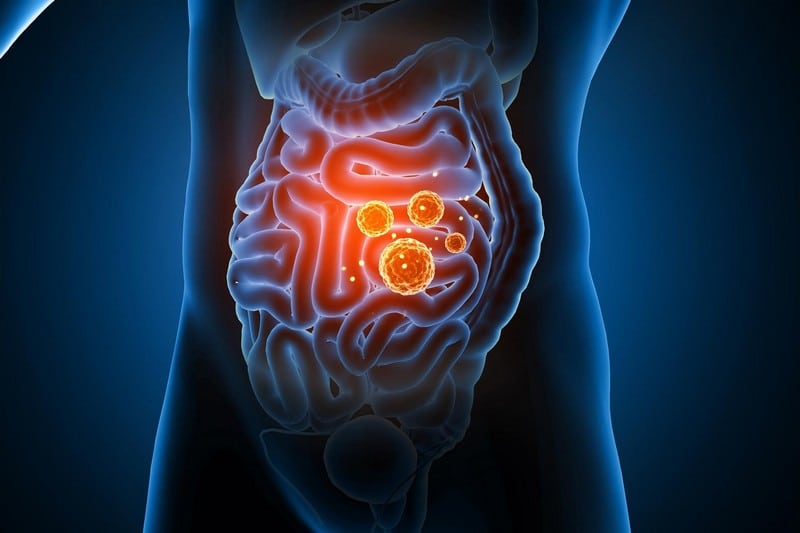Changes in the Microbiome of the Intestines

The human body hosts millions of bacteria, fungi, and viruses, collectively called the microbiome. Most microbiomes are associated with diseases and are known to harm the body’s immune system and vital organs. However, some microbes (mainly bacteria) are beneficial and play crucial roles in the human body.
Good bacteria usually thrive in the cecum, a pocket-like part of the large intestines. The gut microbes can help control brain functions, digest breastmilk, and process food rich in fiber. They also control how the immune system works, preventing the development of diseases like diabetes, heart disease, cancer, and digestive problems.
Several studies associate diverticulitis with alterations or changes in the good bacteria in the large intestine. After examining the stool of patients with diverticulitis, a team of researchers found a significant reduction in good bacteria. A lower concentration of beneficial bacteria may affect a person’s digestion and immunity. Furthermore, lower levels of good bacteria in the gut are also linked with obesity, inflammation, weight gain, and digestive issues. If left untreated, this condition can cause diverticulitis.










